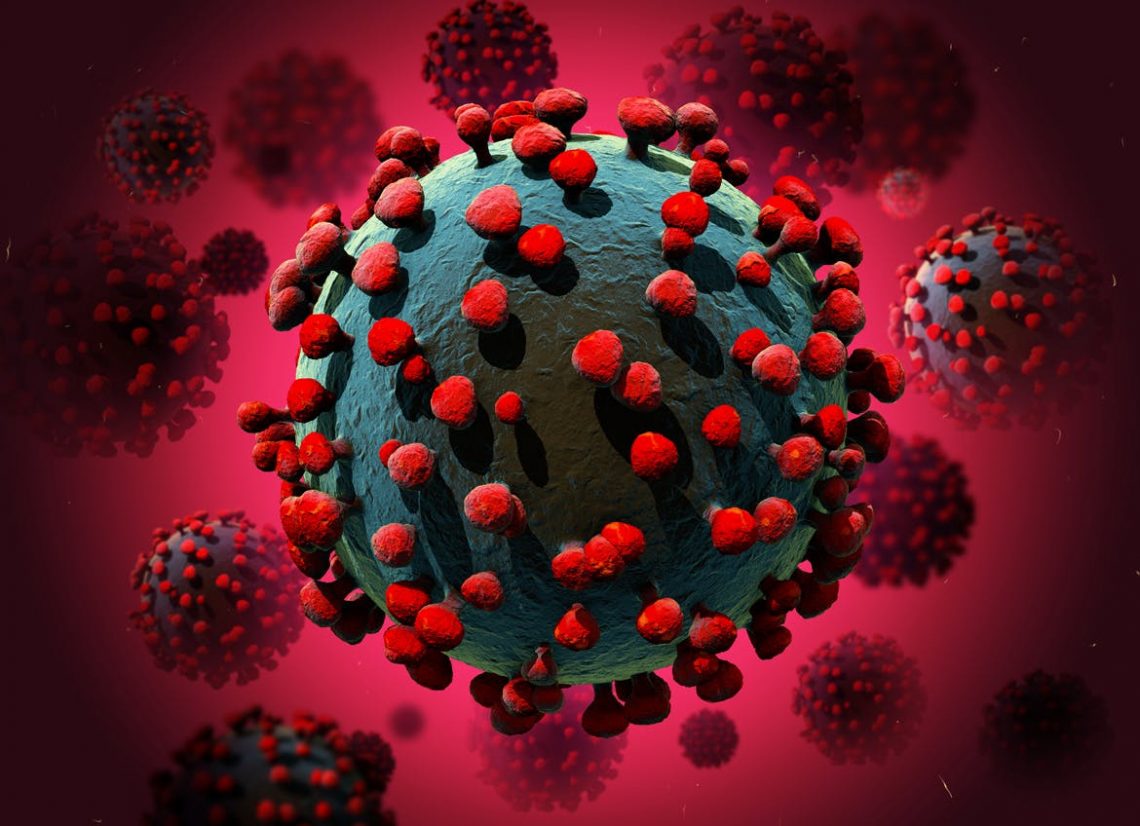Last week’s piece on this page, “May Allah Preserve Our Health” appears to be fortuitous. The very next day after the article appeared last Saturday, it came to this writer’s knowledge that two hundred and fourteen years ago in 1806 (two years into the Sakkwato Jihad), our great grand Mujaddadi Shehu Usmanu Dan Fodio (may Allah be pleased with him) had prayed the exact same prayer (May Allah Preserve Our Health) when an epidemic swept through Gwandu, in today’s Kebbi State, when he and his people (Jama’a) sojourned there.
“YIMRE AAFIYA” (‘Rokon Lafiya’ in Hausa or, in English, ‘May Allah Preserve Our Health’) was a Fulfulde poem composed by the Shehu those two centuries ago when the Jama’a, suffering from the affliction in Gwandu, asked him to pray to Allah so that the epidemic that was taking many lives be abated. The Jama’a were at that time facing triple jeopardy, as it were – flight (hijra), fight (jihad) and then the epidemic. And so the Shehu poetically prayed for the people; and Allah answered. The epidemic, it was reported, was lifted by divine intervention.
YIMRE AAFIYA, which has this modern-day been translated into Hausa by academician and author Ibrahim Junaidu Sokoto, has an illuminating Foreword and Explanation by the Wazirin Sokoto, great scholar Professor Muhammad Sambo Wali Gidadawa. The poem has been published in a booklet by the Shehu’s great grandson and successor, the present Sultan of Sokoto His Eminence Muhammad Sa’ad Abubakar (who, incidentally, gifted some copies to this Columnist only last Sunday).
This prayer of the Shehu and its background on intercession exactly mimicked what the Companions of the Prophet of Islam Muhammad (upon whom be peace) had asked him to pray for them against a particular Madinan fever that was afflicting them, not long after their migration from Makka (now 1441 years ago). The Messenger of Allah (upon whom be peace) had prayed for Allah’s intercession – and the Madinan affliction abated.
And so when the Jama’a came to the Shehu for a similar du’a, he followed the Sunnah, and wellness returned. To wit, and interestingly, the Shehu’s life had followed almost the same trajectory of the Prophet’s life of struggles – Hijra (Makka to Madina for the one; Degel to Gudu for the other); Jihad (against the Makkans and several other hordes for the one; Gobir and other cohort for the other); State Creation; (plus demise also at 63 years of age like the Prophet, coincidentally; the Shehu lived 1754 to 1817).
YIMRE AAFIYA, according to the Wazirin Sokoto, was rendered and sung by the Shehu there and then when the people sought his du’a and, not long after, Allah brought healing and the Gwandu affliction abated. The poem has been so imbibed by the Jama’a that at every Jumu’a Mosque of the Shehu’s people, it is rendered as pre-Khutbah before the Imam mounts the Mimbar. Also, among the Shehu’s Jama’a, YIMRE AAFIYA is the antidote for any epidemic. With COVID-19, it is the du’a of the Jama’a, together with other Prophetic supplications.
Shehu’s YIMRE AAFIYA first stanza in Fulfulde was: “Mi yetti ma Allah he ni’ima diina he duniyaa/Mi yetti ma Allah Ceniido Jippindo aafiyaa.” (“I thank Allah Who created us in the world/I thank Allah the Lord Who provides health”). In subsequent stanzas, the Shehu invoked salutations on the Prophet, his progeny and the companions, and then proceeded on the prayer against the affliction. From the fourth stanza onwards, and throughout the poem (composed in couplets), the Shehu’s refrain, in the manner of the traditional Islamic oft-repetition of du’a (in threes, sevens, tens, elevens, ninety-nines, etc), was: “Mi wonne mi accitane mi hokke bo aafiyaa” ([O Allah!] Be Generous be Merciful and do grant me health.”). This refrain provided much euphony to the composition.
Towards the end of the poem, the Shehu mentioned the century and year he composed the piece: “Nde timmi perol HAYU-RASSHU Allahu jaabo yam/Mi wonne mi accitane mi hokke bo aafiya.” (In the year of HAYU-RASSHU this poem was completed/([O Allah!] Be Generous be Merciful and do grant me health”). This rendering of the date in a few words is an esoteric knowledge appreciated only by those who are adept at the science.
The Shehu, his brother Mallam Abdullahi of Gwandu, his son Muhammadu Bello and his daughter Nana Asma’u, as is well known, wrote hundreds of works in Arabic, Fulfulde and Hausa on Islamic sciences ranging from creed (aqida), jurisprudence (fiqh), hadith, Islamic spirituality, as well as government, culture and society. The quartet of Jihad leaders was also very prolific in poetry, composing again in the three languages. Shehu Usmanu encouraged literacy and scholarship, for women as well as men, and several of his daughters emerged as great scholars and writers.
The present Sultan, through the Sokoto Sultanate Council, is putting much effort in retracing the steps back to the intellectual roots of the Sokoto Caliphate. Various publications (many of which have been reviewed on this page) are now being published. Before this YIMRE AAFIYA, I had discussed here FROM MARATTA TO SOKOTO, a 50-page book documenting the short history of the Caliphate from Maratta, where the Shehu was born, to present-day Sokoto, two centuries after the Jihad. It is pleasing to note that this Sultan has surrounded himself with renowned intellectuals who assist him in such good works.
And so, using the words of Shehu Usmanu Dan Fodio (may Allah be pleased with him) in YIMRE AAFIYA, “O Allah! Be Generous, be Merciful and do grant us health!” And may COVID-19 depart from the world. Amin.
PS: Now that we have done a dozen pieces (spanning before and after Ramadan) on this Coronavirus Pandemic, and while other matters are boiling before us (Magu, Schools Resumption, NDDC, 774,000 Workers, etc), we shall take one more piece on the series to complete ‘A Baker’s Dozen’ (Thirteen), then cross over to other issues. We hope that COVID-19 will go away (it’s now less than 1% prevalence in Kano, according to statistics) but we can always come back to it should the need arise – and may Allah not make the need to arise.

 Join Daily Trust WhatsApp Community For Quick Access To News and Happenings Around You.
Join Daily Trust WhatsApp Community For Quick Access To News and Happenings Around You.


